Samsung argues 4G Galaxy Tab not in direct competition with Apple's 3G iPad 2
Earlier this month, Apple succeeded in reactivating a motion for a preliminary injunction against its rival's tablet. The appeals court overturned Judge Lucy Koh's denial of an injunction for the Galaxy Tab, but it left intact Koh's ruling against an injunction on smartphones.
Korean handset maker Samsung filed on Friday its opposition to Apple's claims, FOSS Patents has discovered. According to author Florian Mueller, Apple is "starting from a far better position" with its new motion for an injunction, though a win is hardly guaranteed.
To succeed, Apple would need to convince the court of four factors: "likelihood of success on the merits; likelihood of irreparable harm; balance of the equities; public interest." Since the appeals court overturned Koh's assertion that Apple's design patent was invalid, Apple is more likely to convince the court of the merits of its case. Meanwhile, both Judge Koh and the federal Court of Appeals are in agreement that the case for irreparable harm has been established.
Mueller noted that at least one circuit judge believed Apple should prevail on all four factors.
"Judge O'Malley indicated between the lines that she considers Samsung a reckless infringer whose Galaxy Tab 10.1 should be shut down sooner rather than later, and she clearly wants patent holders to have great access to injunctive relief," he wrote, adding that she "makes a number of good points."
A large part of Samsung's argument against the injunction in Friday's filing hinges on the claim that, since Apple lacks a 4G version of the iPad 2, the 4G Galaxy Tab doesn't compete directly with the device. The company also claimed that an injunction would disrupt its partnership with carriers. Samsung has teamed up with carriers to sell the Galaxy Tab 10.1 with 4G contracts.
Mueller noted in his report that Samsung's argument is "not without merit," while adding that he believes it's "too weak to avoid a preliminary injunction." According to him, Samsung didn't take into account that "4G devices are backward-compatible" and that customers might use them in off-line mode or on 3G networks.
"Even if someone thinks that 4G is desirable, I doubt that the number of customers who are out to buy only a 4G tablet is limited," he said.
The report also pointed out that Samsung is likely to lose during the injunction phase because it could have modified its product in the time since Apple first filed its preliminary injunction motion. Samsung released a redesigned Galaxy Tab 10.1 in Germany last year in order to work around a sales ban there.
"While Apple continues to believe that the 10.1N still infringes (under EU law), the fact that Samsung made an effort to avoid further infringement calls into question that continued infringement must be allowed by the court for hardship and public interest reasons," Mueller concluded.
The chief executives from both Apple and Samsung met earlier in the week for court-appointed settlement talks, but they were unable to reach an agreement. The legal dispute between the two companies has spread to ten countries with over 30 cases.
 Josh Ong
Josh Ong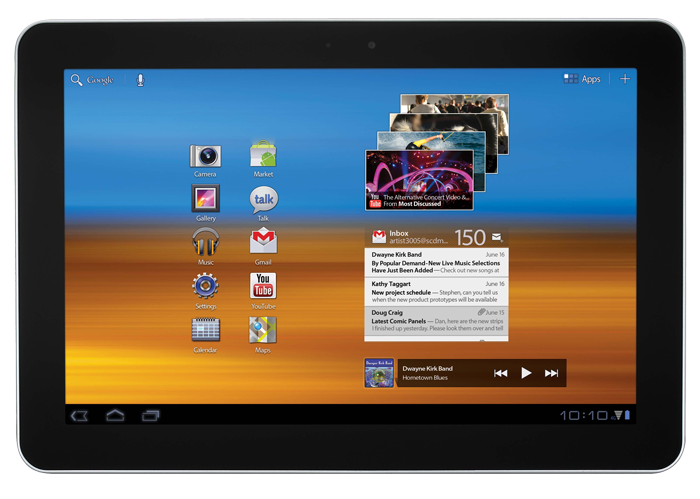

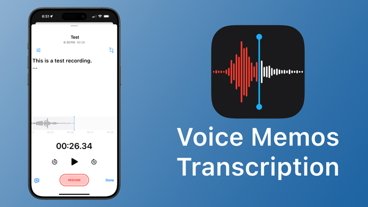
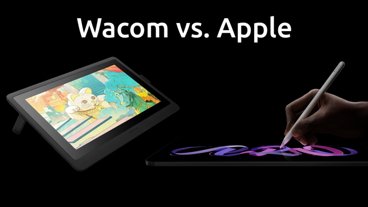
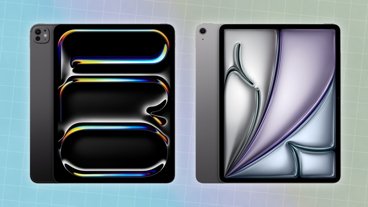
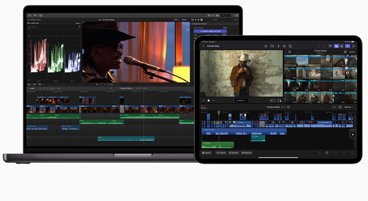
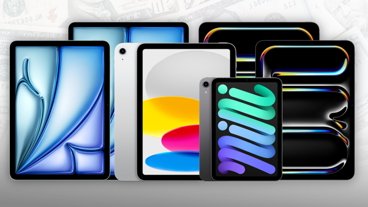




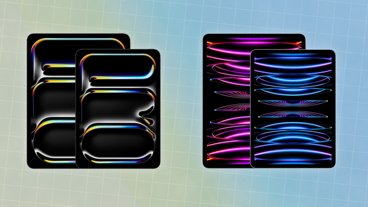


 Malcolm Owen
Malcolm Owen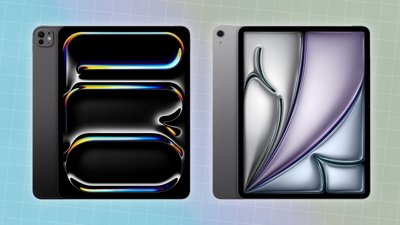
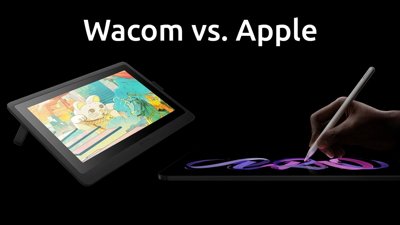
 Amber Neely
Amber Neely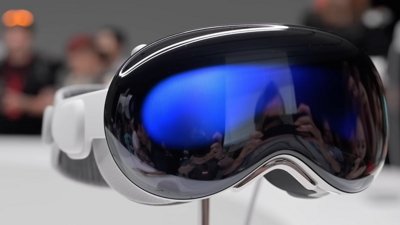
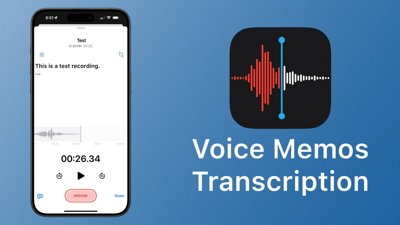
 Marko Zivkovic
Marko Zivkovic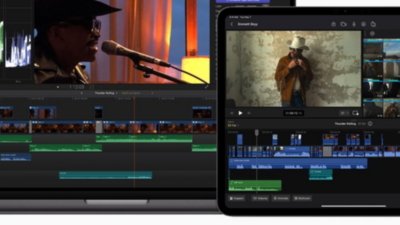
 David Schloss
David Schloss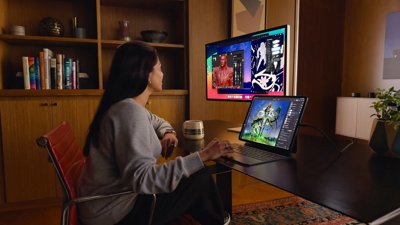
 Wesley Hilliard
Wesley Hilliard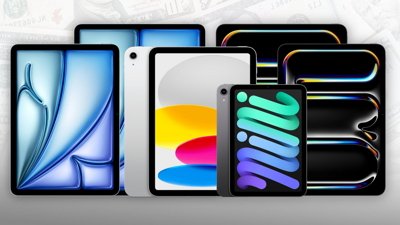
 Mike Wuerthele and Malcolm Owen
Mike Wuerthele and Malcolm Owen






124 Comments
Ah, yes, waiter, I'm afraid I'll have to order some new sides. My old ones have split, you see, from laughter.
That's was a barely credible pun and kind of nonsense. Getting back to the article. Samsung's argument about non-compete is totally without merit here. Especially since the article states they cold have updated the device since then. Why should that matter...if apple's filings are time-sensitive, then it shouldn't matter if they've updated it to not compete since then.
The noose around Scamsung's neck is slowly getting tighter.
radio speed alone does not a tablet make
The noose around Scamsung's neck is slowly getting tighter.
In what why? What do you really think is going to happen to the biggest Smartphone vendor in the world?